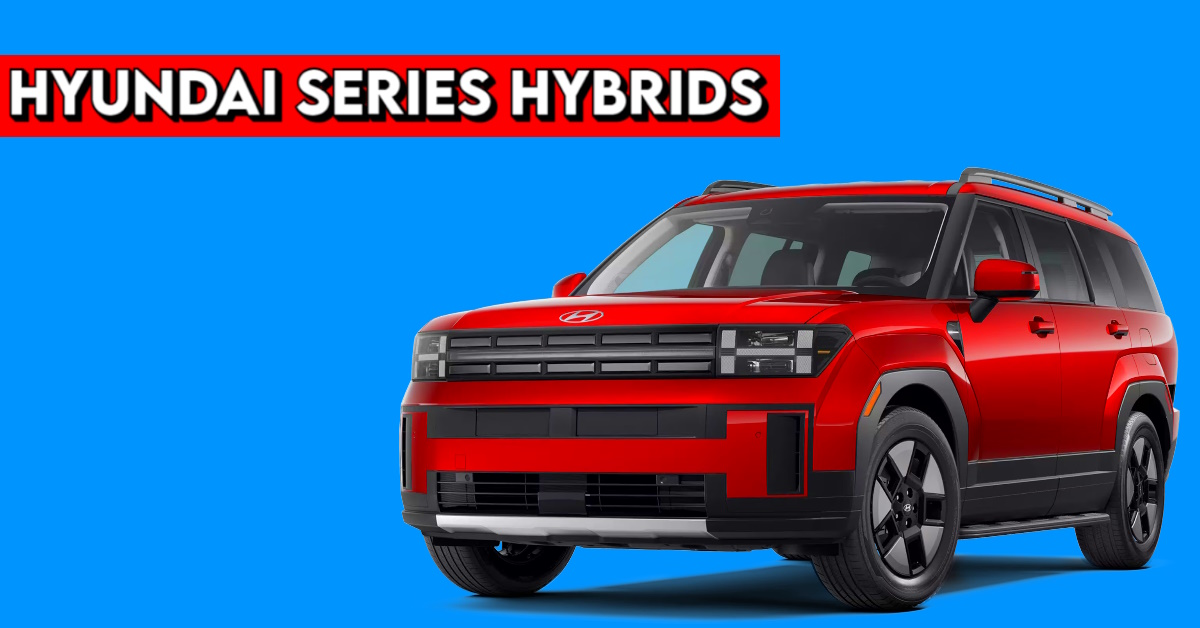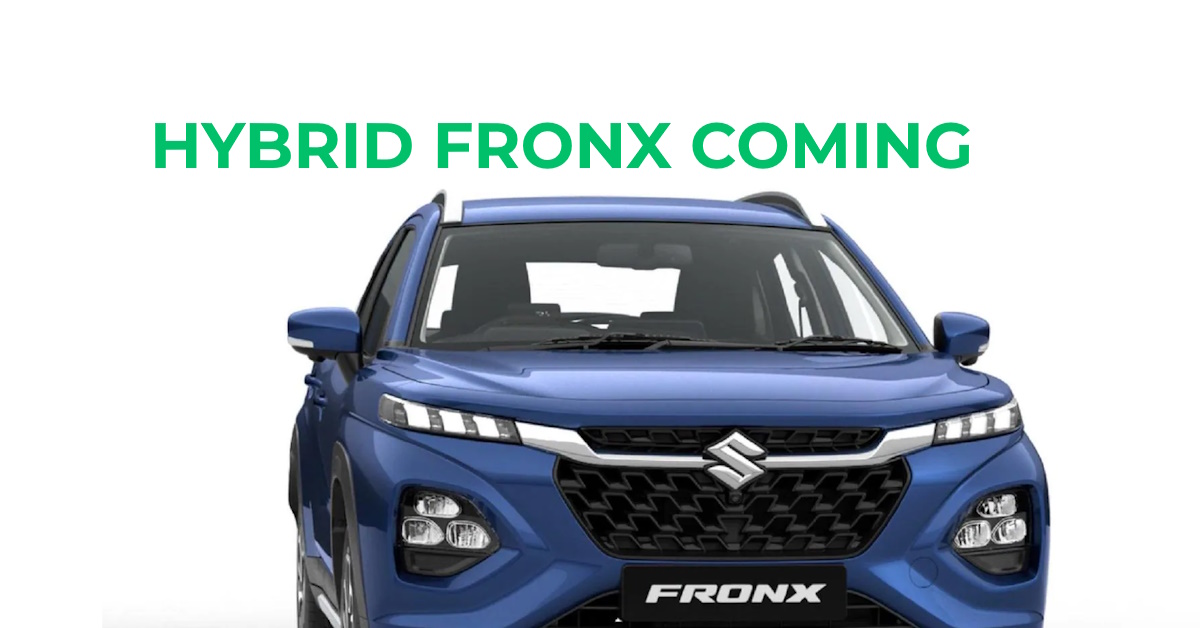After Maruti, Hyundai Confirms Series Hybrid Tech For Future Cars: 900 Kms Range Per Tank


At its 2024 CEO Investor Day, Hyundai revealed that it is developing a new series-hybrid technology for the future lineup. The announcement comes soon after Maruti Suzuki revealed its hybrid plans. Called Extended Range Electric Vehicle (EREV), the hybrid tech comes in as part of the Hyundai Dynamic Capabilities strategy. It combines internal combustion engines and electric motors. These will have a combined (ICE + EV) range of up to 900 km.

Hyundai currently has seven hybrid models on sale in various markets. It plans to take the HEV count to 14 in the coming years. By 2030, there will reportedly be 21 EV models in Hyundai’s lineup. EV sales are expected to reach 2 million by the time, EREVs will likely contribute significantly to this. North American and China are evaluated as the top markets for the new range of HEVs.
EREV will be a series hybrid system. Also known as a ‘range extender’, this system will have the engine as a complete generator for the electric side of things. The IC engine will not power the wheels directly and will power a drive that generates electricity, which in turn, and charges the battery pack. The wheels will be powered by the electric motor (s) that draw power from the battery pack. This setup is thus different from strong hybrids and allows to reduce the size and costs of battery used. This makes series hybrids more affordable than corresponding all-electric products.

Hyundai will start the production of EREV models by 2026. The official launch is expected sometime in 2027. EREVs will be available across segments and price ranges. Genesys, the luxury arm of the Korean manufacturer, will also have EREV models roll out. The EREV tech will also have support for four-wheel drive layouts, further enhancing its appeal in markets where AWD is in high acceptance.
The demand for EVs have lately been on the decline. The slowdown can be attributed to factors like the limitations of pure electric powertrains, compromised/ limited charging infrastructure, livability compromises demanded by EVs, and the range anxiety associated with them. Hybrids could address all these concerns. They can slot in as the no-compromise alternatives for electric vehicles. Automakers are now transitioning to hybrids as well.
In a regular hybrid system, the vehicle can operate using the internal combustion engine (ICE), the electric motor (EV), or a combination of both. This flexibility allows the vehicle to switch seamlessly between these power sources depending on driving conditions. However, in a series hybrid system, there is no direct mechanical connection between the engine and the wheels. The engine works at all times, as a generator for the EV side of the powertrain.
This design simplifies the powertrain by eliminating the need for a complex mechanical link between the engine and the drivetrain. As a result, it can improve overall efficiency by optimizing the engine’s operation to generate electricity at its most efficient speed and load, regardless of driving conditions. The reduction in mechanical components can also potentially lower maintenance costs and improve reliability.

Maruti Suzuki is probably the biggest competitor of Hyundai in India. Recently MSIL revealed their intention to step into the hybrid space, with series hybrid versions of its popular models. The Fronx will be the first Maruti Suzuki model to get a series hybrid powertrain in India. The manufacturer will not ditch the Toyota-sourced strong hybrid tech found on the Grand Vitara and Invicto. Thus, Maruti Suzuki will have three different types of HEV models by 2025- mild hybrid, strong hybrid and series hybrid.
The series hybrid tech on upcoming Maruti Suzuki models will be based on a new Z12E series engine. This engine will debut in the Fronx facelift, slated for launch next year. The technology will then make its way into the Baleno, Swift, and even the Dzire, thereby democratising the much sought-after tech.